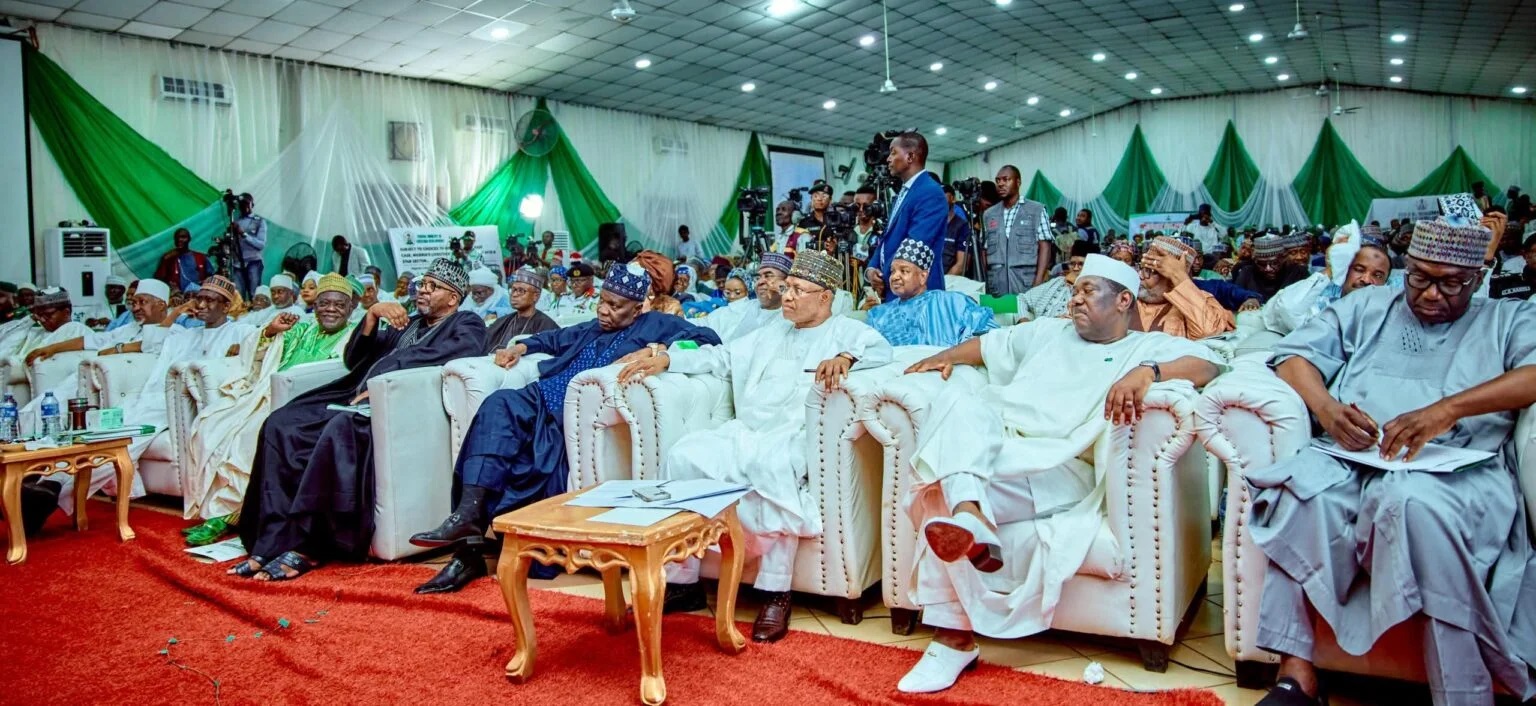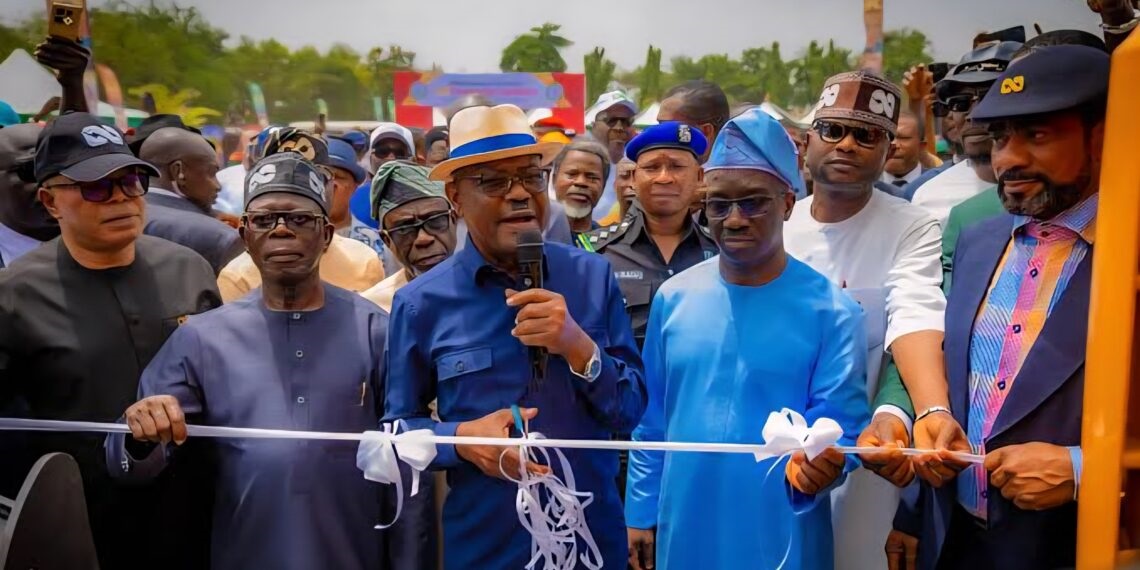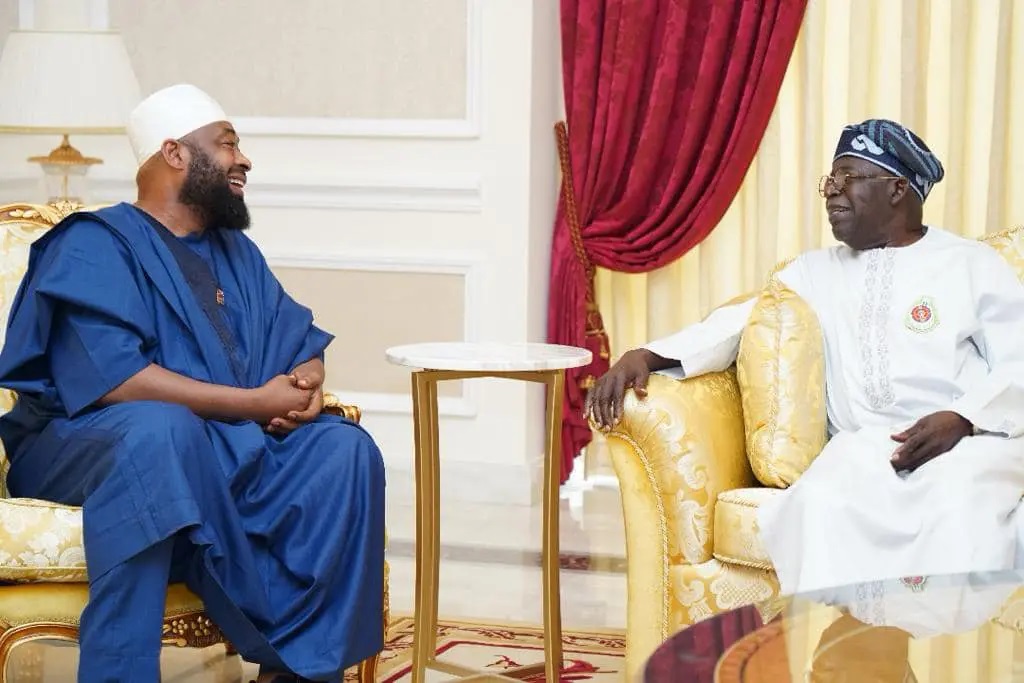Vice-President Kashim Shettima has reaffirmed the commitment of the administration of President Bola Tinubu to inclusive governance and people-focused policymaking, emphasizing public engagement, listening, and empathy as central pillars of the government’s approach.
Shettima made this known during a two-day interactive session on Government–Citizens’ Engagement organised by the Sir Ahmadu Bello Memorial Foundation in Kaduna. The vice-president was represented by Dr. Aliyu Modibbo, Special Adviser to the President on General Duties (Office of the Vice-President).
According to a statement by Shettima’s spokesperson, Stanley Nkwocha, the vice-president stressed that President Tinubu’s leadership style prioritises governing in partnership with the people, rather than from a distance.
“The Tinubu administration is walking hand in hand with Nigerians through critical reforms,” Shettima said.
“We are not crafting policy in solitude or assuming that technocracy alone delivers results. We are convening conversations and institutionalising listening.”
‘Government with the People’
Referencing the legacy of Sir Ahmadu Bello, Shettima described leadership as a burden of service, not merely the occupation of office.
“What we nurture today is not just a government of the people but a government with the people.”
He cited key policy areas where public input shaped outcomes, including tax reforms, education access, and economic relief measures implemented following the removal of fuel subsidies.
Higher Education and Students’ Loans
On the controversial Students’ Loan Law, initially passed as the Access to Higher Education Act, Shettima explained that the administration listened to citizens’ concerns and repealed and reenacted the law.
“We removed income ceilings and guarantor requirements that had become symbolic walls between ambition and opportunity,” he said.
“No student should be disqualified for being born on the wrong side of poverty.”
Tax Reforms and Responsiveness
Shettima also highlighted the establishment of the Presidential Committee on Tax and Fiscal Policy Reform, which facilitated broad consultation with governors, citizens, and industry stakeholders to address contentious areas.
“When objections arose, the President welcomed them. He ensured that proposed tax bills went through public hearings.
Even unpopular taxes inherited from past regimes—like the 10% single-use plastic levy and telecom tax—were suspended after critical review,” he added.
Fuel Subsidy Removal: Empathy Over Threats
On the removal of fuel subsidies, Shettima noted that the administration responded with empathy rather than force.
“We met with labour unions not with threats, but with understanding.
We introduced palliative packages, increased wages, waived diesel taxes, and rolled out alternatives like CNG buses to cushion transport costs.”
He emphasised that the reforms across sectors followed the same people-first approach, with public feedback actively shaping policy decisions.
“Governance is not a theatre of perfection, but a process of correction. A government that listens is a government that learns— and a government that learns is a government that leads.”
A Torch of Civic Dialogue
Shettima concluded by praising the Sir Ahmadu Bello Memorial Foundation for keeping alive the spirit of civic participation.
“The foundation is a torch of civic dialogue that must never be extinguished,” he said.





